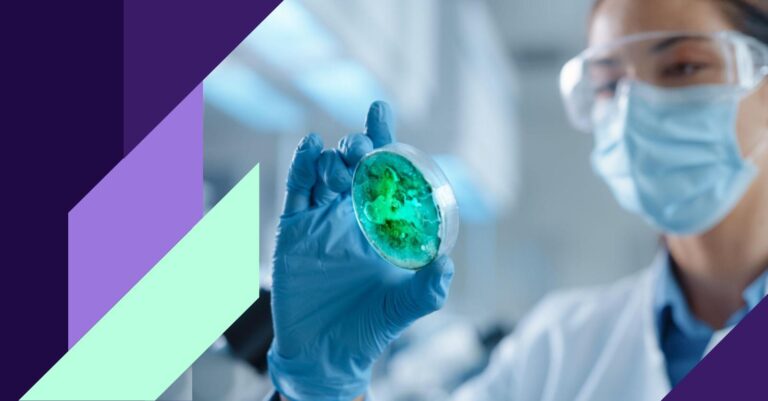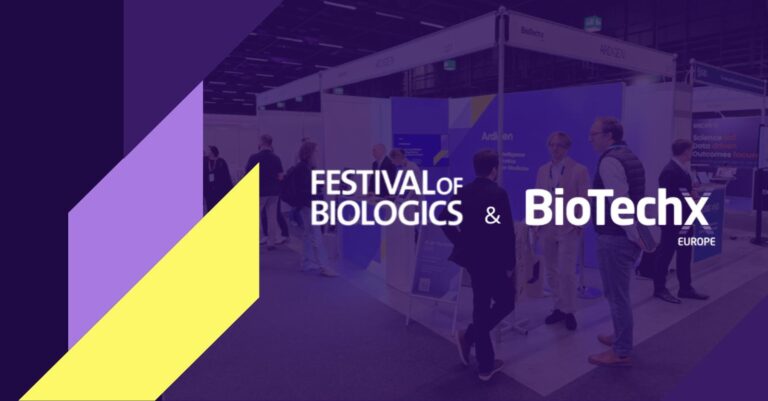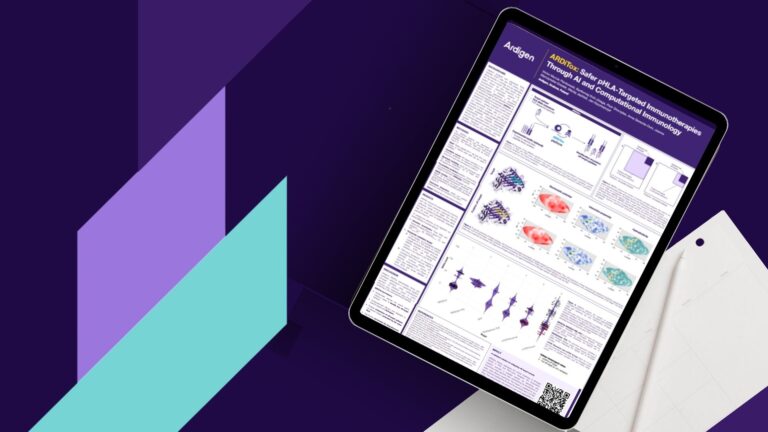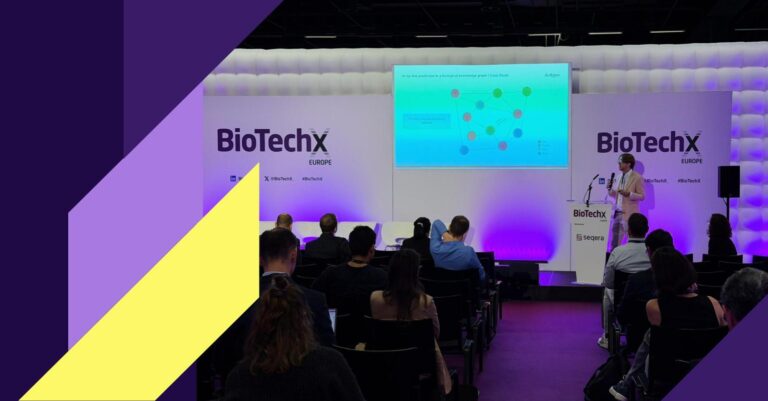Top market ‘AI in biotech’ stories
Here’s your latest installment of our selection of AI in biotech news.
In just 3–4 minutes, catch up on the innovations reshaping drug discovery and biomedical research. We are delivering fresh insights to your inbox on the second Tuesday of each month, so you can stay informed and inspired. Happy reading!
In today’s edition:
- 🩺 AI-powered stethoscope outperforms doctors
- 💊 Old drug, new purpose: AI finds COPD treatment
- 🧪 Chai’s generative model hits 1-in-6 design success
- 👅 Graphene “tongue” tastes and learns like a human

The AI stethoscope: 200-year-old tool, reinvented
Researchers from Imperial College London and the NHS have created a card-sized AI stethoscope that diagnoses heart failure, valve disease, and atrial fibrillation in just 15 seconds.
In a UK trial with 12,000 patients, the device outperformed traditional methods:
- 2x more accurate in diagnosing heart failure,
- 3x better at detecting atrial fibrillation,
- nearly 2x more effective for valve disease.
A simple form factor with potentially life-saving implications!
source: The Guardian
AI finds hidden potential in old drugs
A collaboration between Hudson Institute and Monash University used AI to repurpose pirfenidone, a drug for lung fibrosis, as a potential treatment for COPD.
The AI-driven insight was validated in preclinical models, showing reduced inflammation and viral replication—without compromising immunity, unlike steroids.
source: Hudson Institute
AI breaks the 1-in-1000 barrier in drug design
Chai Discovery, supported by OpenAI, just raised $70M to scale its molecular design platform. Their new model, Chai‑2, achieves a 1-in-6 success rate in generating functional proteins—vs. 1-in-1000 with traditional approaches.
source: BusinessWire
The learning artificial tongue is here
Scientists have developed a graphene-based “tongue” that can taste, store flavor data, and learn over time—no external processor required.
It senses ionic taste signatures and adapts its accuracy after each exposure.
Test results:
- 72–88% accuracy on basic tastes (sweet, sour, salty, bitter)
- 96% on complex mixtures like coffee or cola
What makes it notable:
This is a breakthrough in neuromorphic sensing, with applications in diagnostics, food safety, and taste disorder support.
source: livescience.com




